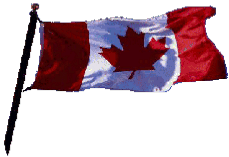Plan for success.
A business plan will help you think through a number of important aspects of your new business. When you create your plan you will identify customers and the market potential, outline how you will promote your new business, identify startup costs, and create financial projections for your first few years in business. Need more help - check out our workshop Writing an Effective Business Plan.
Select the form of business that is right for you.
1. Sole Proprietorship
A sole proprietorship is a business owned and operated by one individual. It is not considered to be a legal entity under the law, but rather is an extension of the individual who owns it and therefore does not require any specific legal organisation, except of course, the normal requirements such as licenses or permits. The owner has possession of the business assets and is directly responsible for the debts and other liabilities incurred by the business. Any loans of the proprietorship are identical to personal loans of the individual. The income or loss of a sole proprietorship is combined with the other earnings of an individual for income tax purposes.







